detail profile madeleine guitty
Peran Yang Di Mainkan Madeleine Guitty
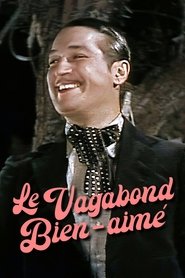 Gaston an artist in love with...
Gaston an artist in love with...Le Vagabond bien-aimé 1936
Gaston, an artist in love with an upper class English girl, accepts to stay away from her when a wealthy rival offers to pay her father's heavy debt. Broken-hearted, he leaves for France with his young servant. They join a young girl as popular musicians and tour the countryside in their way to Paris, where his former love reappears.
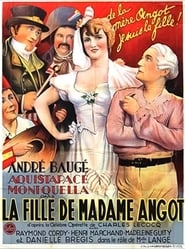 Under the Directory Clairette is in...
Under the Directory Clairette is in...La Fille de Madame Angot 1935
Under the Directory, Clairette is in love with the chansonnier Ange Pitou, while the hairdresser Pomponnet is destined for her as a husband. But Ange Pitou is flighty and lets herself be seduced by Mademoiselle Lange who wanted to know the author of seditious couplets.
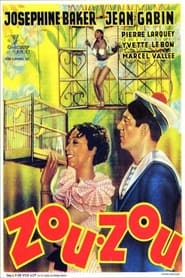 Zou Zou tries to help her...
Zou Zou tries to help her...Zouzou 1934
Zou Zou tries to help her childhood friend prove his innocence after he's accused of murder.
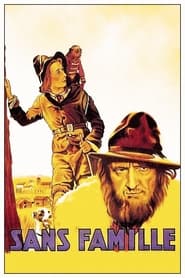 Rmy Robert Lynen a stolen child...
Rmy Robert Lynen a stolen child...Without a Family 1934
Rémy (Robert Lynen), a stolen child is adopted by a wandering singer. With him and his trained animals, Rémy travels the roads of France. But his adoptive father dies and Remy, who has knowledge of a boy who knows something of his history, sails for England to find his mother.
 Dr Holk leads an isolated and...
Dr Holk leads an isolated and...Amok 1934
Dr. Holk leads an isolated and lonely existence in a small, Dutch colony in the tropics. Having fled from love and civilization, his only companions now are alcohol and his work, which takes him to villages ravaged by dirt, fever and a strange illness which turns innocent people into madmen: Amok. One day, he is called on by Helene Haviland, who asks him to abort her lover's child before her husband returns from abroad. Even though Holk is enchanted by her seductive beauty, he haughtily refuses her request. Rejected, the woman turns to a Chinese practitioner. When Holk tracks her down in a dirty dive, it's already too late for the two of them.
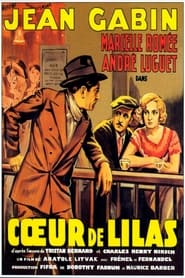 Also known as Lilac this early...
Also known as Lilac this early...Lilac 1932
Also known as Lilac, this early Anatole Litvak-directed talkie was based on a play by Tristan Bernard and Charles Henry Hirsch. The story bears traces of the Bertold Brecht-Weill piece The Threepenny Opera, with heroine Lilac (Marcelle Romeo) consorting with the criminal scum of Paris. Lilac falls in love with a handsome detective (Andre Luguet), but he doesn't let his emotions stand in the way of his duty, and in the end he reluctantly turns her over to the authorities. At $120,000, Coeur de Lilas was one of the most expensive movies to come out of France in 1931, but it more than made back its cost at the box-office.
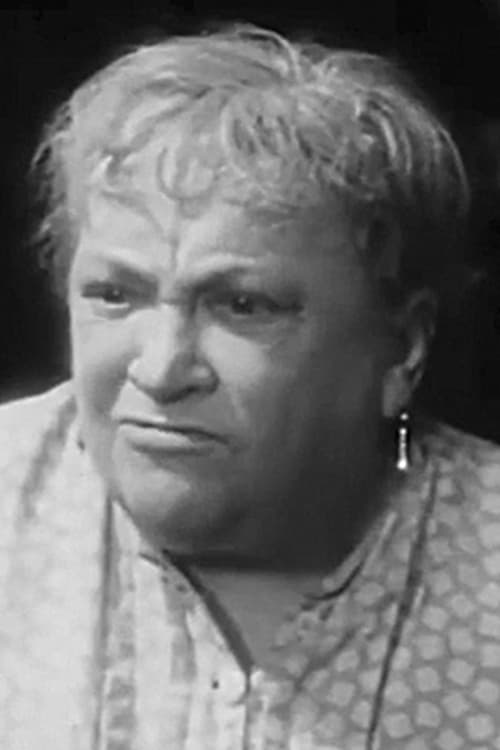
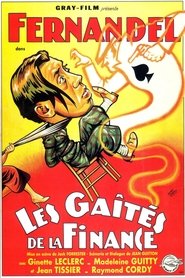 The banker Marivol looks like a...
The banker Marivol looks like a...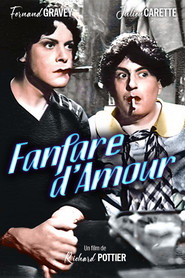 Two unemployed musicians dress up as...
Two unemployed musicians dress up as...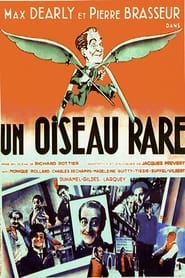 A wealthy businessman joins his servant...
A wealthy businessman joins his servant...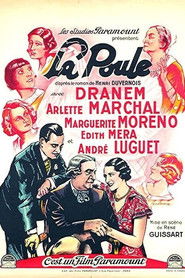 Mr Silvestry nicknamed The Hen because...
Mr Silvestry nicknamed The Hen because...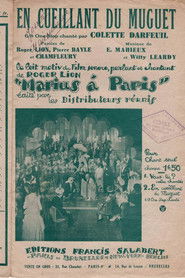
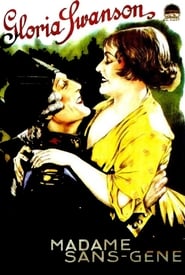 A French washerwoman becomes a duchess...
A French washerwoman becomes a duchess...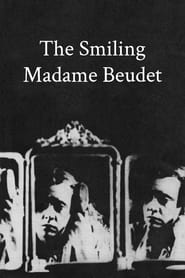 An unhappily married woman devises a...
An unhappily married woman devises a...